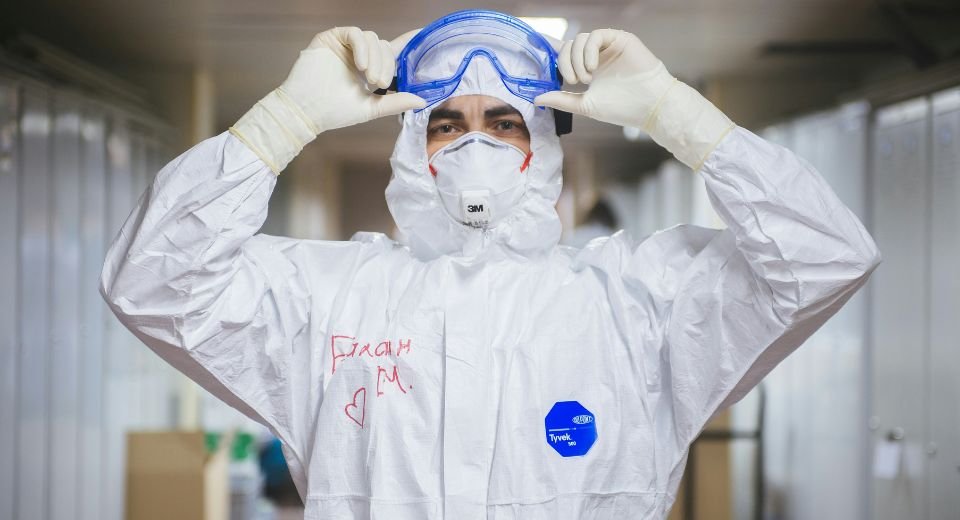HQ Team
April 13, 2025: A new pandemic like Covid-19 is “not a theoretical risk, it is an epidemiological certainty,” said the World Health Organization’s Director-General, Dr Tedros Adhanom Ghebreyesus.
“The Covid-19 pandemic may now seem like a distant memory, overtaken by conflict and geopolitical and economic disruption,” he said during the Thirteenth meeting of the Intergovernmental Negotiating Body on a WHO Pandemic Agreement.
“But the next pandemic will not wait until things calm down. It could happen in 20 years or more, or it could happen tomorrow. But it will happen, and either way, we must be ready. This is not a theoretical risk; it is an epidemiological certainty.”
The Covid-19 pandemic claimed the lives of more than seven million people, according to the WHO.
‘Actual toll to be 20 million’
“You have seen what the Covid-19 pandemic did. Officially 7 million people were killed, but we estimate the actual toll to be 20 million. And on top of the human cost, the pandemic wiped more than US$ 10 trillion from the global economy.
“A pandemic can kill more people, and cause more social and economic disruption than a war.
“Indeed, the First World War killed an estimated 15 to 22 million people, while the 1918 influenza pandemic killed an estimated 50 million people – more than double.
“That’s why we talk about health security – because health is a security issue,” he told delegates.
‘Bombs and bugs’
Tedros said there were issues plaguing a Pandemic Agreement – funding and budget issues – that involved money, “but compared to what is being spent on defence, the amount involved in the Pandemic Agreement is nothing.”
The UN member states agreed at a special session of the World Health Assembly to negotiate the agreement and it took three-and-a-half years for the states to find common ground.
“We agreed that all countries need to find a balance in protecting their people from both bombs and bugs,” Tedros said.
“Just this year we have had outbreaks of Ebola and Marburg virus disease; avian influenza continues to spread in birds, cattle and other animals, and continues to infect humans.
“That’s why the world needs your engagement and leadership to bring the WHO Pandemic Agreement across the finish line.”
The world needed a “strong signal” that in these divided and divisive times, countries could still come together to collaborate and find common ground, he said.
